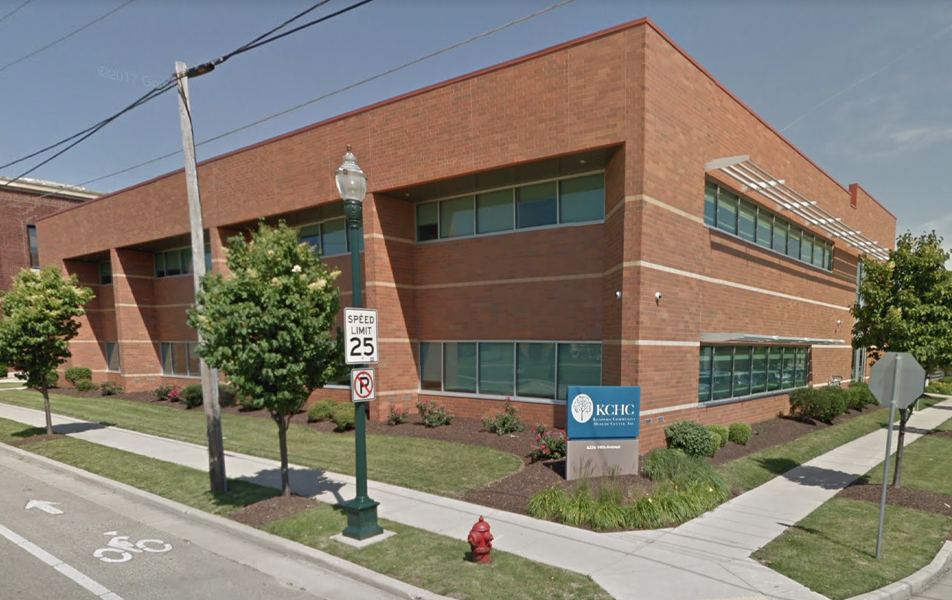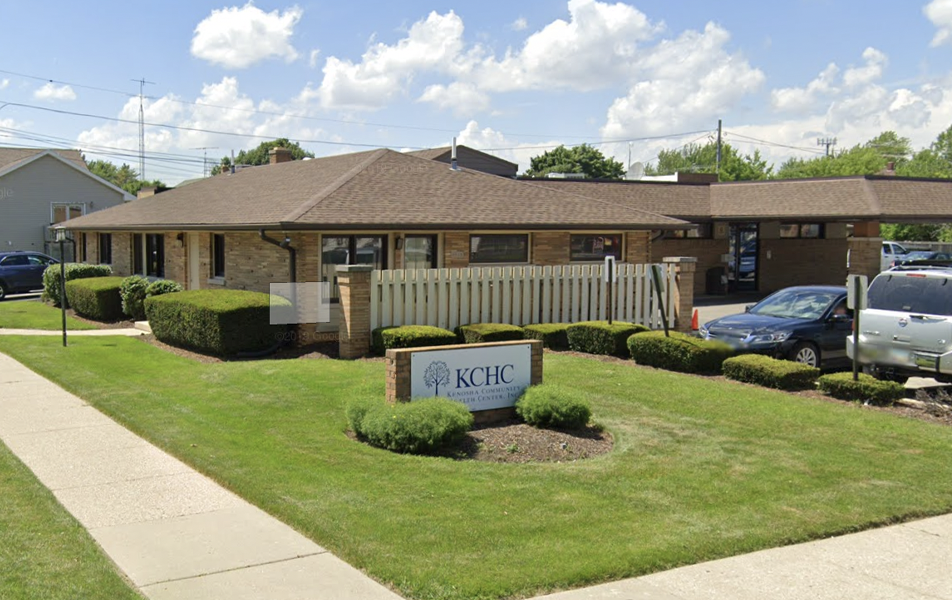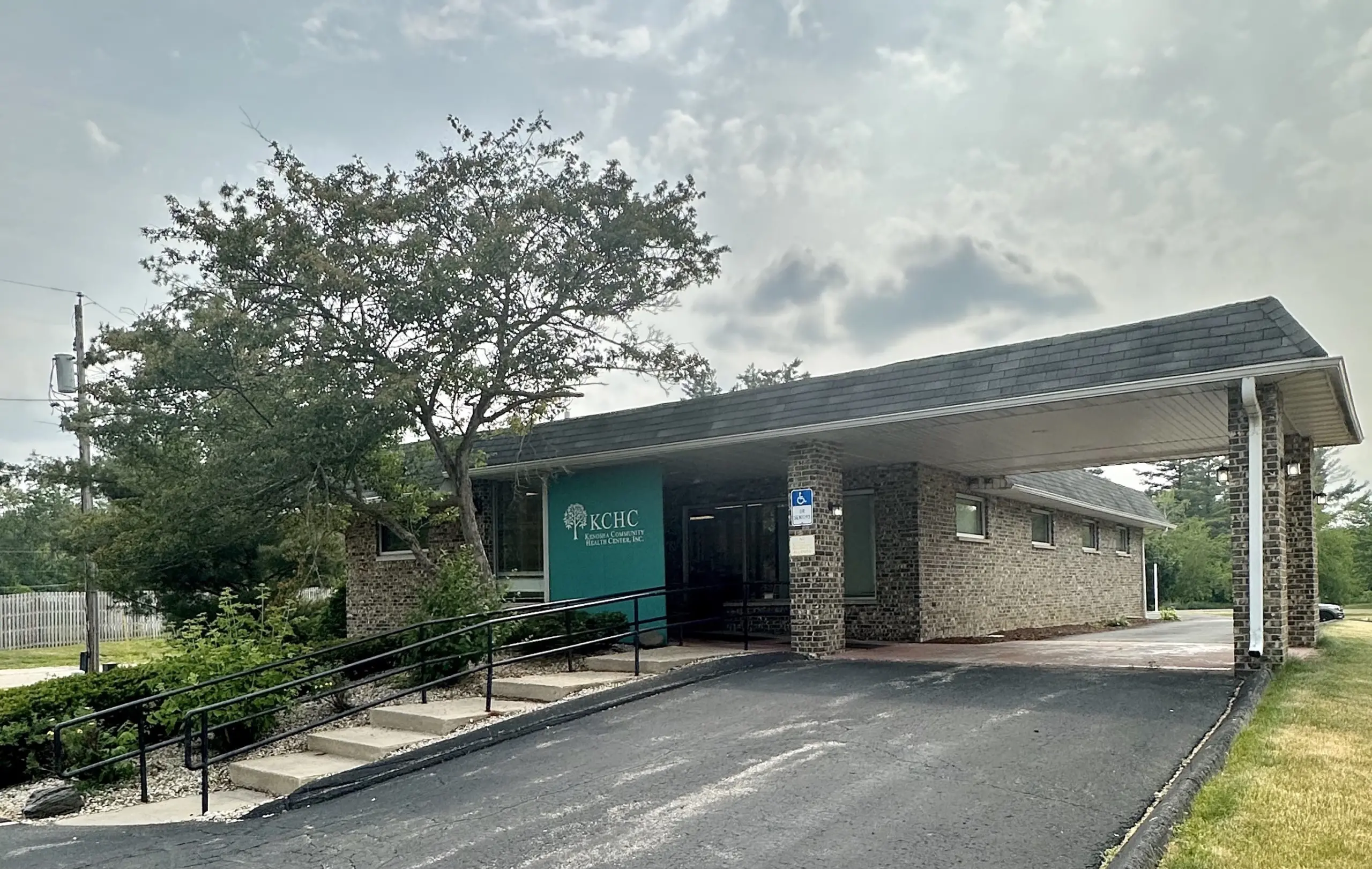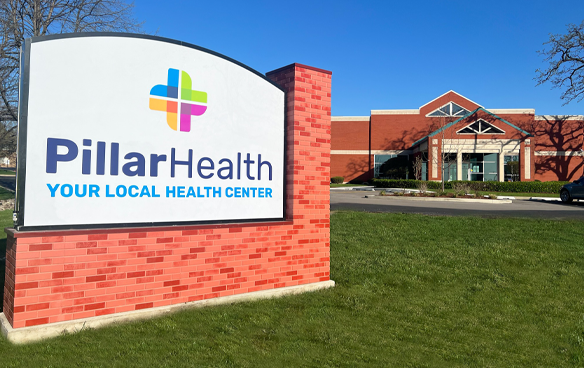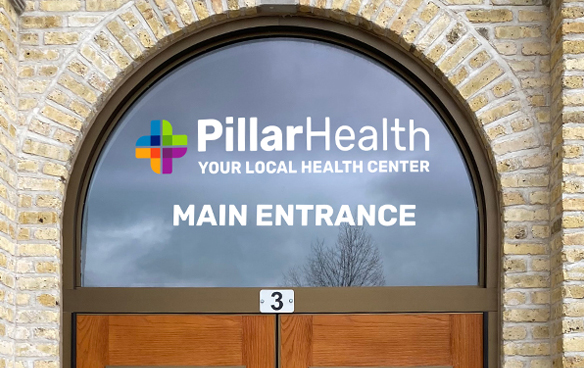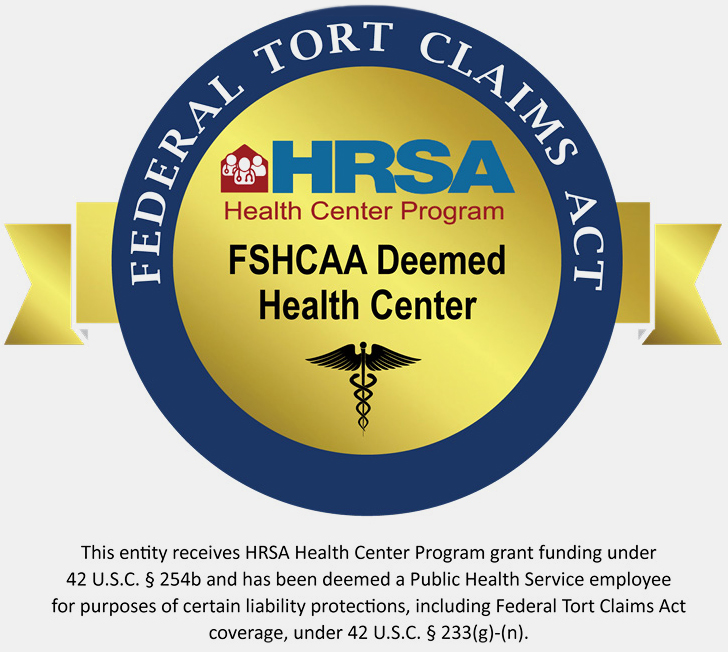
Mental Health Month is recognized every May as a time to raise awareness, reduce stigma, and encourage individuals of all ages to prioritize their emotional well-being.
At Pillar Health and Kenosha Community Health Center, we are committed to educating and supporting our communities in Southeast Wisconsin through access to care, resources, and compassionate support.
This article explores what mental health really means, why it matters, and how it affects individuals and families in our region.
What Is Mental Health?
Mental health encompasses our emotional, psychological, and social well-being. It influences how we think, feel, and act, especially when facing stress, making decisions, and building relationships.
Mental Health in Our Community
Mental health is a growing concern across the country—and our region is no exception.
- Nearly 1 in 5 U.S. adults experience mental illness each year.
- 1 in 20 U.S. adults experience serious mental illness each year.
- 1 in 6 U.S. children aged 6–17 experience a mental health disorder each year.
- 50% of all mental illness begins by age 14, and 75% by age 24.
- In 2023, 20% of high school students seriously considered attempting suicide during the past year.
Why Mental Health Matters
When mental health is overlooked, it can affect nearly every aspect of life. Unaddressed issues can lead to serious consequences such as depression, anxiety, substance use, and chronic physical conditions. But when a person’s mental health is supported, they are better equipped to thrive personally, socially, and professionally.
Pillar Health & Kenosha Community Health Center Are Here for You
We’re proud to offer comprehensive mental health services for children (starting at age 6), teens, and adults. Our team includes psychiatrists, nurse practitioners, licensed therapists, and care coordinators who work together to create customized treatment plans.
We welcome Medicaid, Medicare, and most commercial insurance plans. Uninsured? You may still qualify for care through our Sliding Fee Discount Program, with visits starting at just $30. We also have an Upfront Self-Pay Discount Program that may appeal to certain patients.
Make Mental Health a Priority This May—and Every Month
Mental health is health. Let’s work together to break the stigma, support one another, and build a brighter, healthier future for our families and communities.
Schedule your appointment today:
- Pillar Health Kenosha Clinic: (262) 771-1700
- KCHC 22nd Avenue Kenosha Clinic: (262) 771-0070
- KCHC 2nd Street Silver Lake Clinic: (262) 771-1963
In Every Story,
There’s Strength
This year’s national theme, “In Every Story, There’s Strength,” reminds us that everyone’s mental health journey is different—but each one carries power, purpose, and resilience. At Pillar Health and Kenosha Community Health Center, we are proud to support this movement led by the National Alliance on Mental Illness (NAMI) to spotlight the lived experiences of individuals navigating mental health challenges.
Mental health struggles can feel isolating—but sharing your story can spark healing, connection, and hope for others. Whether your journey involves anxiety, depression, recovery, or simply learning how to cope day by day, your voice matters.
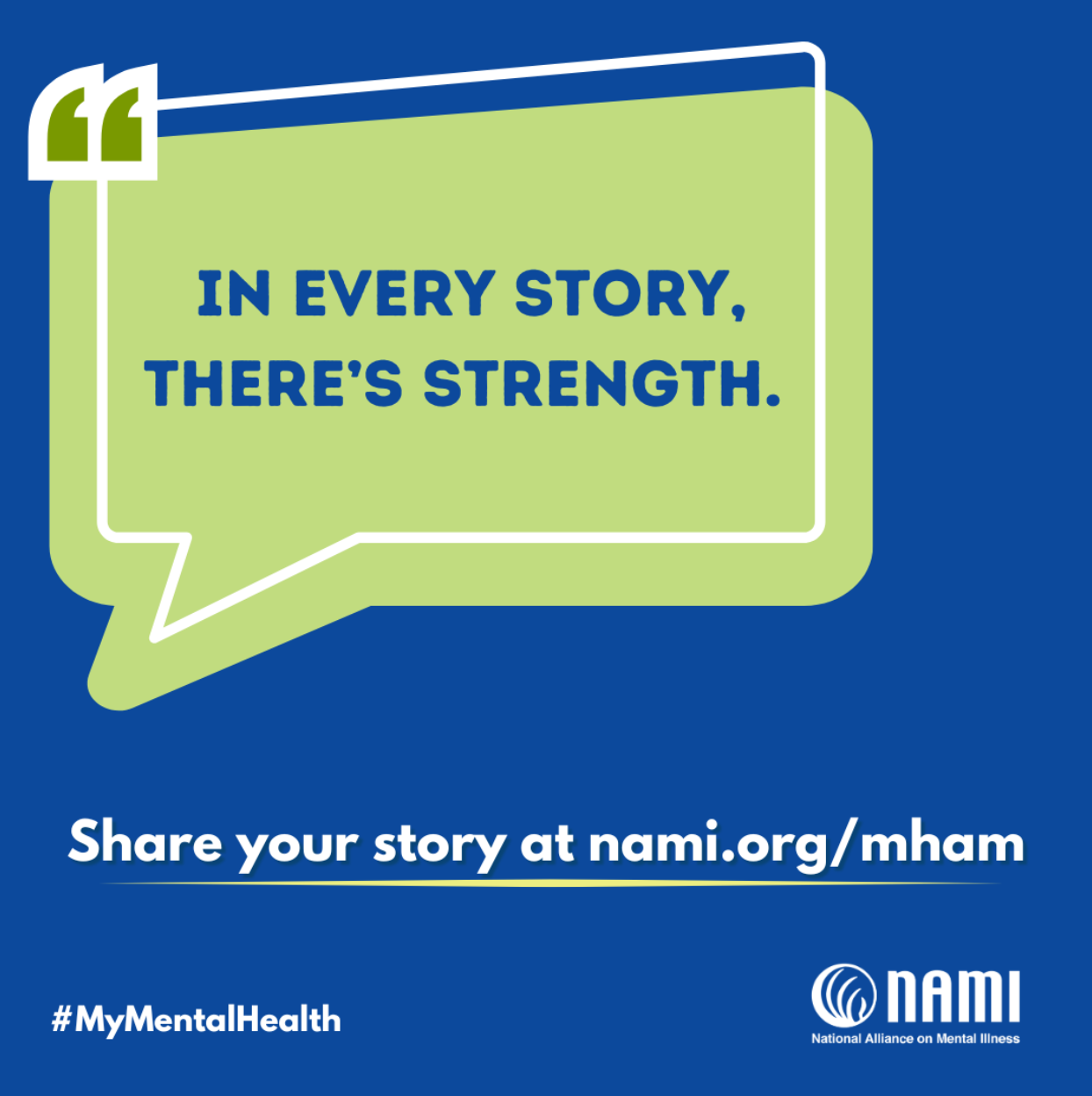
How You Can Support the Campaign:
- Share your story – Write it, film it, speak it. Every voice matters.
- Use the hashtag #MyMentalHealth to join the conversation online and help others feel seen and supported.
- Encourage loved ones to open up about their experiences in safe, supportive spaces.
- Submit a quote or message of hope to be featured in our community campaign.
- Talk about it. Normalize the conversation. The more we share, the less alone people feel.
Whether you’re sharing your journey or simply listening to someone else’s, you’re helping to build a stronger, more compassionate community—because in every story, there’s strength.
Do not wait to schedule your appointment.
Kenosha Community Health Center has many appointment options in Kenosha and Silver Lake to meet your needs.
Schedule An Appointment

